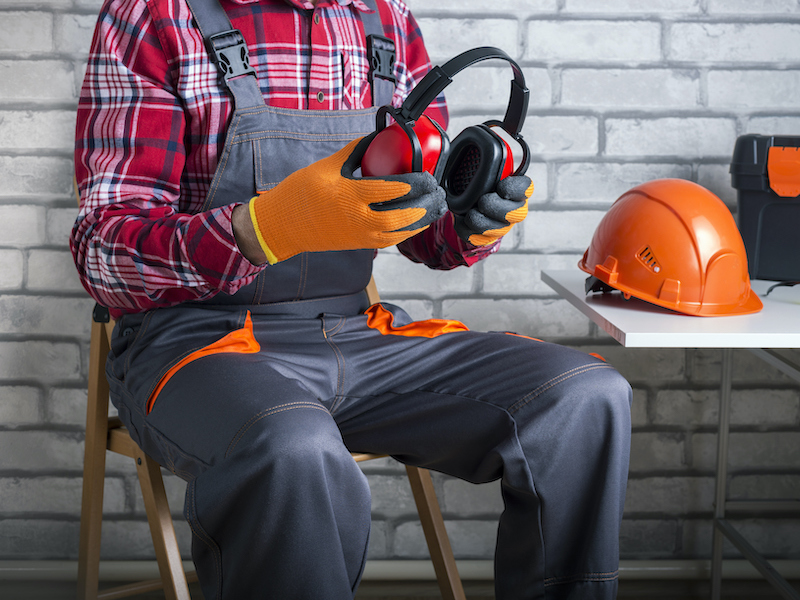
Your ability to hear is valuable – once it’s gone, the chance of getting it back in its natural form is not likely. But somehow, hearing loss frequently goes untreated and unchecked in the general population. In fact, permanent hearing loss affects one out of eight individuals (nearly 30 million people) 12 and older in the United States alone.
Protecting your hearing from the beginning is the best and easiest way to prevent hearing loss, but if you currently have hearing loss you can recover much of your hearing with a hearing aid.
Here are five simple ways that you can protect your hearing:
Earbuds should be avoided
Earbuds are one of the biggest threats to hearing health today since they’ve come packaged with mobile devices going back to the first MP3 devices in the early 2000s. Nearly every smartphone available comes with a pair of these little devices that sit snugly in your ear and pump sound straight into your ear canal. You can get permanent hearing damage by listening to a movie or music on your mobile device at full volume for only 15 minutes. Earmuff style headphones, especially the ones with noise canceling technology, would be a better option. Sticking to the 60/60 rule, which suggests a maximum volume of 60% for no higher than 60 minutes a day, is another safety measure to safeguard your hearing.
Keep your volume low
Earbuds don’t produce the only sounds that can harm your hearing. If you regularly listen to the TV or radio at loud volumes over prolonged periods, your hearing can also be damaged. Shooting ranges, concerts, construction zone, and other noisy environments should be avoided. It may be unrealistic to completely avoid these environments especially if they’re part of your job. The next item on the list will be significant if you’re in this situation.
Use hearing protection
If you have hobbies or work in a noisy setting, it’s crucial that you make use of hearing protection. Hearing loss can happen in just 15 minutes at 85 decibels. To put that in perspective:
- Over a one hour visit to the indoor gun range, your ears are repeatedly subjected to gunfire that clocks in at over 150 decibels on average
- Jackhammers at a construction site generate 130 decibels, which could take their toll after a 40-hour workweek
- The majority of concerts are between 100 and 120 decibels with headliners normally playing for about an hour and 20 minutes
If you take part in any of these activities, you need to invest in a good set of earmuffs or earplugs.
Take auditory breaks
Sometimes giving your ears a break is the smartest thing you can do. Even if you use ear protection, if you are subjected to loud sounds like these for extended periods, you should take some quiet breaks to give your ears some time to recover. That means, you definitely shouldn’t get into your car and begin blasting loud music right after you come out of a 3-hour concert.
Check your medicine
Your medicine may actually have a considerable impact on your hearing. There are certain medicines that have been proven to trigger hearing loss including certain heart and cancer medicines, aspirin, antibiotics, and anti-inflammatory medicine. Luckily, medication related hearing loss usually only happens when more than one of these medicines are taken together making it far less common.
Are you coping with hearing loss and want to seek out new treatment? Contact us today to set up a consultation.
Resources
https://www.cdc.gov/nceh/hearing_loss/how_does_loud_noise_cause_hearing_loss.html
https://armeddefense.org/hearing-protection